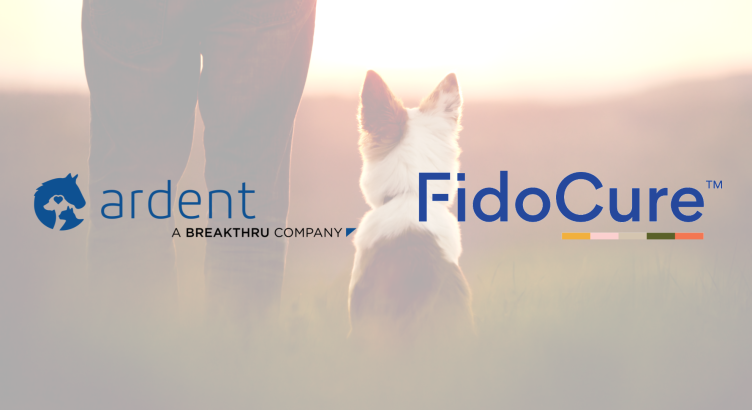Innovative Bioinformatics Pipeline Reduces Costs and Expands Access to Precision Therapeutics for Canine Oncology
Today we would like to share another exciting development in the field of canine oncology genetics and precision therapeutics from our manuscript "Shared Hotspot Mutations in Oncogenes Position Dogs as an Unparalleled Comparative Model for Precision Therapeutics," recently published in Scientific Reports.
One of the key highlights of our research is the innovative bioinformatics pipeline we have created, which significantly reduces the sequencing costs and, in turn, opens doors to a wider range of patients. Our unique approach requires only tumor DNA, eliminating the need for the traditional two-sample method, which involves both tumor and normal tissue samples. By using tumor DNA alone, we have effectively cut sequencing costs in half while maintaining the highest quality standards.
Our team has always focused on bringing cutting-edge diagnostic and therapeutic solutions for canine patients, but the expense of sequencing has been a limiting factor. The breakthrough detailed in our manuscript proves that it is possible to successfully identify somatic mutations, relevant for tumor biology and treatment response, using a single tumor sample, offering an affordable and efficient alternative to the traditional approach.
This method has the potential to democratize access to precision therapeutics for canine oncology. By reducing the cost barrier and making our solutions more accessible, we can reach more patients in need and, ultimately, improve the quality of care they receive.
Lorem ipsum dolor sit amet, consectetur adipiscing elit, sed do eiusmod tempor incididunt ut labore et dolore magna aliqua. Ut enim ad minim veniam, quis nostrud exercitation Lori Hahn
Lorem ipsum dolor sit amet, consectetur adipiscing elit, sed do eiusmod tempor incididunt ut labore et dolore magna aliqua. Ut enim ad minim veniam, quis nostrud exercitation Lori Hahn
%20(1)-1.jpg?width=654&height=360&name=Untitled%20presentation%20(15)%20(1)-1.jpg)
We believe that this innovation is not only a game-changer in the world of veterinary oncology but also sets the stage for further advancements and collaborations within the field. We encourage you to read our manuscript in Scientific Reports to gain a comprehensive understanding of our approach and its implications.
If you have any questions or would like to discuss potential collaborations, please do not hesitate to reach out to us. We are excited about the future of precision therapeutics for dogs with cancer and would be delighted to continue to partner with you to make a meaningful impact in this field.


.png)